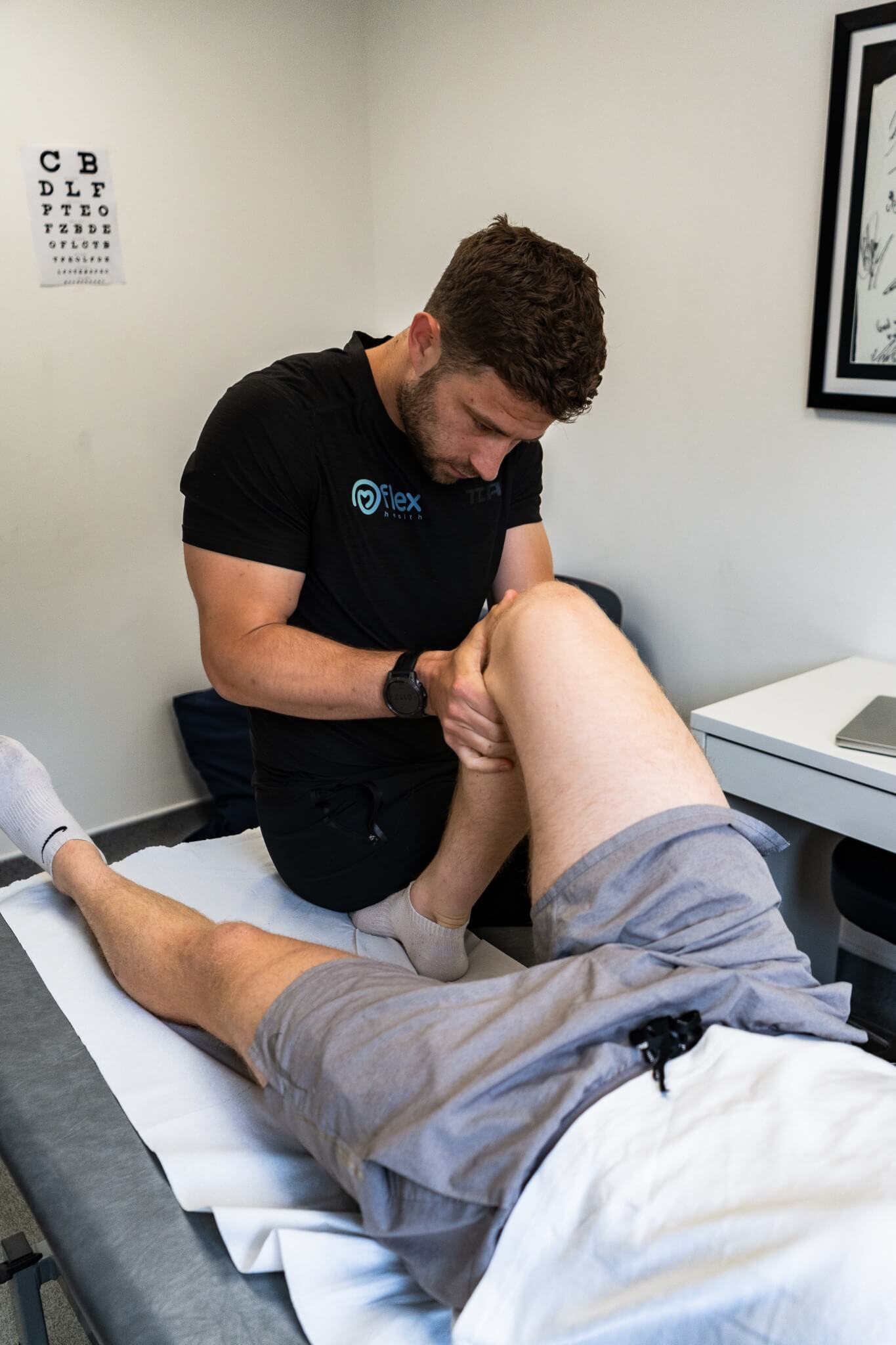
The anterior cruciate ligament is a ligament found in your knee. It is a strong band of tissue which joins the thigh bone to the shin bone at the knee joint. Your ACL runs diagonally through the inside of the knee and gives the knee joint its stability, while also controlling the back-and-forth movement of the lower leg. The injury occurs when this knee supporting ligament tears, leaving people in debilitating pain and causing the knee to ‘give out’ from under them.
Knee injuries of this type can occur if you stop quickly or change direction when running, which makes it a common injury for people who take part in sports such as football, rugby, skiing and squash. ACL injuries can also be caused by landing from a jump incorrectly and receiving a direct blow to the knee.
Not everyone that has an ACL injury will require surgery to correct the problem, and regardless of whether you need surgery or not, you will still require some form of physiotherapy to return to optimal mobility and function.
How do we treat ACL injuries?
ACL rehabilitation can come in many forms, and at Flex Health we endeavour to ensure that each client receives a personalised rehabilitation plan which takes into account their goals, hobbies and lifestyle.
Our rehabilitation gym contains state-of-the-art gym equipment including a functional trainer, VertiMax machine and an Anti-Gravity treadmill. Our team of Flex Health musculoskeletal rehabilitators will be able to identify the best active therapies which will support you through your ACL rehabilitation. This, combined with manual therapy and sometimes acupuncture, will provide you with the best chance at recovery from ACL surgery and injury.
Your treatment plan will prioritise reducing pain and inflammation while also normalising your joint range of motion. Exercises will be introduced to strengthen the knee, calf and hips. We will aim to minimise the risk of re-injury and improve your technique and function while walking, running, squatting and jumping. This can all be achieved through a comprehensive rehabilitation plan which will be tailored to your needs, using patient-specific goals to ensure your treatment produces results as you return to optimum function.
We hope this article has helped develop an understanding as to why children would need to visit a physiotherapist. To book an initial assessment with us, please visit our contact page to get in touch, or you can book an appointment directly online here.
